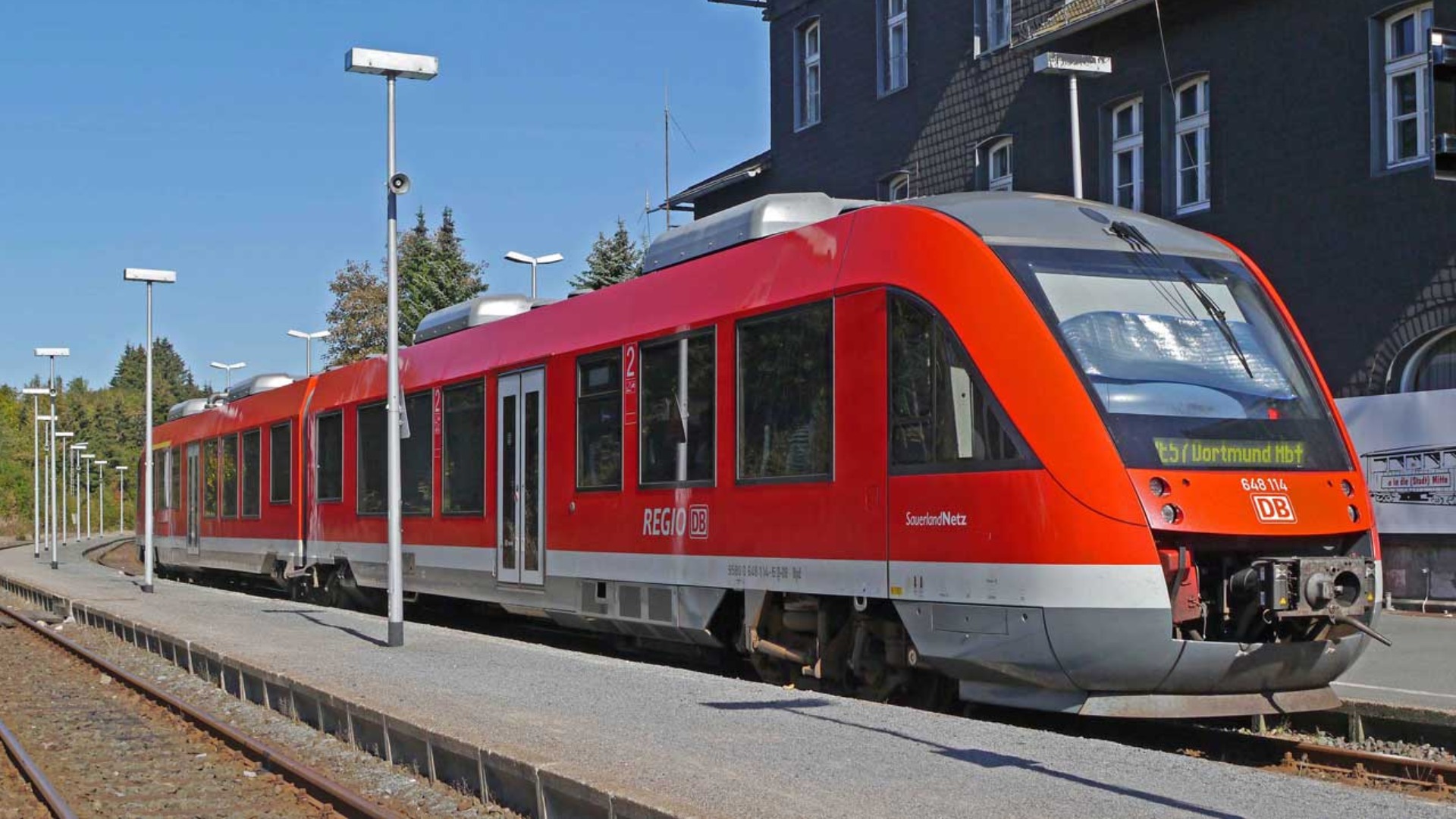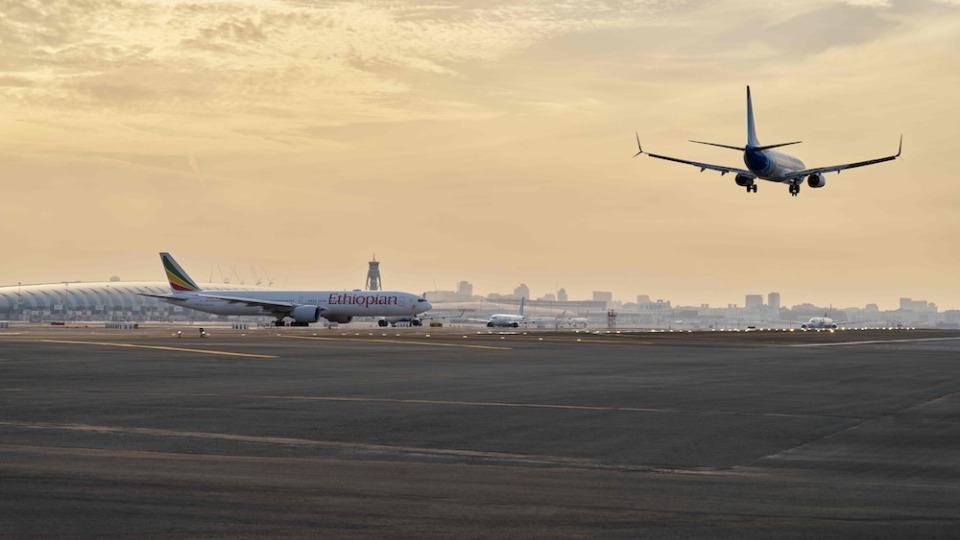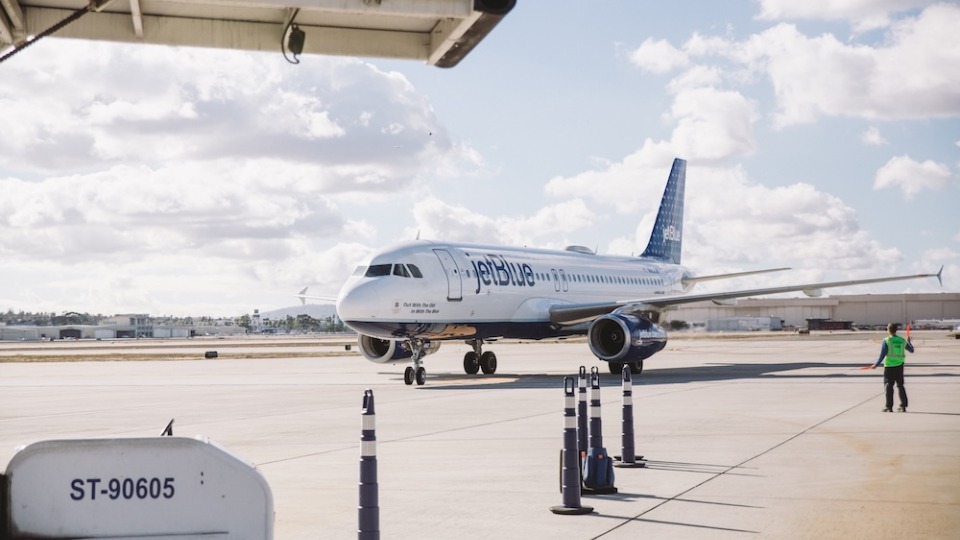
Public Transport Strikes to Disrupt North Rhine-Westphalia and Lower Saxony

Strikes by public transport workers in North Rhine-Westphalia and Lower Saxony are set to disrupt services, affecting millions and highlighting ongoing labor disputes.
A wave of public transport strikes is set to hit Germany, starting with North Rhine-Westphalia (NRW) on February 15th and extending into central Lower Saxony on February 20th and 21st. Verdi, the trade union, has initiated these warning strikes to leverage negotiations for improved wages and working conditions, impacting Germany's most populous regions.
In NRW, the strikes are a precursor to the second round of collective bargaining for local public transport employees, with an expected turnout of 10,000 to 15,000 workers. The strikes will affect major cities including Düsseldorf, Cologne, Bonn, Dortmund, among others, potentially leaving 2.5 million daily commuters seeking alternative transportation methods.
The North Rhine-Westphalia Municipal Employers' Association has criticized the strike as an unnecessary inconvenience for passengers. Despite the availability of emergency timetables, the expected impact is significant, with almost no public transport services running.
Following NRW, Lower Saxony will experience its share of disruptions, with cities like Hanover, Braunschweig, and Göttingen among those affected. The strike aims to address the demands of public transport workers under the local transport collective agreement (TV-N), although primary school buses are expected to maintain service.
The strikes come amid broader discontent in the transportation sector, with national level strikes looming if negotiations fail to meet workers' demands for reduced working hours, salary increases, and inflation adjustments. January witnessed major disruptions due to strikes by the GDL drivers union and Deutsche Bahn, highlighting the ongoing tensions and the critical need for a resolution.
Affected companies in NRW include a wide range of local public transport providers, from Duisburger Verkehrsgesellschaft (DVG) to moBiel Bielefeld, signifying a widespread call to action across the region.
As negotiations continue, commuters in both NRW and Lower Saxony are bracing for significant disruptions, underscoring the urgent need for dialogue and compromise to address the grievances of public transport employees.








